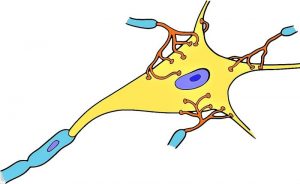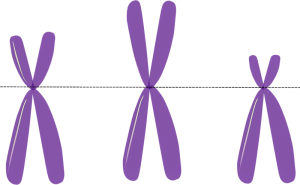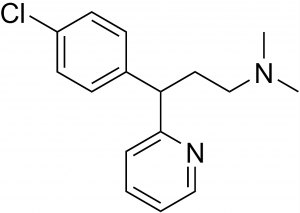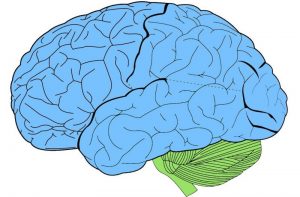Cytogenetics
Cytogenetics is the study of the chromosomes of the human body and the diseases that are related to those body units which can be caused by an abnormal number or structure of the chromosomes. These studies are carried out through microscopic techniques. It is important to remember that chromosomes are structures that are located in the cell nucleus and that are composed of DNA, histones, RNA, proteins and different types of polysaccharides.
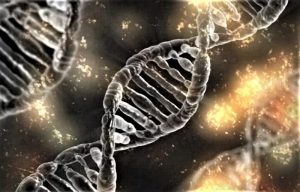
Related topics
Karyotype
What is cytogenetics?
Cytogenetics is the study of chromosomes in the human body and all related diseases that may be caused by a damage in their structure or number.
What does cytogenetics study?
Cytogenetics is a branch of genetics that focuses on the study of the structure, function, and behavior of chromosomes. Through the techniques that are used, it is possible to identify the presence of a tumor cell among 20 normal cells. The most important advantage of cytogenetic studies is that all the chromosomes can be visualized at the same time. This type of study must be carried out in the evaluation of those hematological neoplasms that presented some type of alteration when the diagnosis was given. It is a very useful tool that doctors, and scientists use to define different chromosome-related diseases and provides us with information to understand the mechanisms involved in their pathogenesis.
History
The first time that chromosomes were observed was in plant cells by Karl Wilhelm von Nägeli in 1842. During the 20th century, genetics began to develop from the concept that chromosomes were responsible for carrying genes. Research into the human karyotype took several years to find out how many chromosomes a normal human cell had. In 1912, Hans von Winiwarter collected 47 chromosomes in spermatogonia and 48 in oogonia. Later in 1921, Theophilus S. Painter demonstrated the presence of the Y chromosome in the testicles and defined the total number of chromosomes in 48. In 1956, Tjio from Indonesia and Albert Levan from Sweden determined that in reality the number of chromosomes in the human species was not 48, but 46. This finding was decisive in the beginning of human cytogenetics.
Uses
Cytogenetic studies have become very important in the diagnosis of malignant neoplasms and other malignant blood diseases. It is important along with the studies to consider the patient’s history and laboratory tests. At the same time, cytogenetics helps to give a characterization of the type of leukemia and its prognosis, even it is possible to know the origin of a particular neoplasm. It is key in the discovery of Mendelian or monogenic hereditary diseases, multifactorial diseases, mitochondrial and chromosomal diseases. It can be used to make determinations of hereditary diseases that affect the chromosomes while the baby is still in the mother’s womb, to determine sex in genetic diseases associated with sex, and to know if the parents are carriers of any type of structural alteration.
Conventional cytogenetics
The study of chromosomes through G bands is known as conventional cytogenetics. It is the study carried out when chromosomal alterations need to be identified in terms of number and structure, such as, for example, trisomy and monosomies. It is used in the field of medicine to carry out a complete analysis of the karyotype of tumor cells. This type of study requires a certain number of metaphases and does not have the ability to detect submicroscopic changes or rearrangements of chromosomes. It is for this reason that conventional cytogenetics must go hand in hand with band analysis, fluorescent in situ hybridization or compared genomic hybridization.
Molecular cytogenetics
Molecular cytogenetics are studies carried out through different analyses using molecular biology tools such as fluorescent in situ hybridization, better known in the field of medicine as FISH. In other words, it is the study and identification of duplications or micro deletions of the genome. Its main contribution is that it has allowed the study of chromosomes with specific probes, turning it into a powerful diagnostic weapon to detect diseases before and after birth, numerical and structural chromosomal aberrations that could not be detected with conventional cytogenetics.
Clinical cytogenetics
Clinical cytogenetics is the study of the chromosomes of the human body, their structure and inheritance, applied to the practice of medical genetics. This branch was the first science to offer a perspective of medical genetics based on human genomes. It detects diseases such as congenital malformations and hemato-oncological disorders.
Human cytogenetics
Human cytogenetics is the science that studies the cytogenetic discoveries of the scientific studies carried out by scientists Tjio, Levan, Ford and Hamerton, who confirmed that the number of human chromosomes was 46, XX in women and 46 XY in men.
How to cite this article?
Briceño V., Gabriela. (2019). Cytogenetics. Recovered on 3 May, 2025, de Euston96: https://www.euston96.com/en/cytogenetics/



